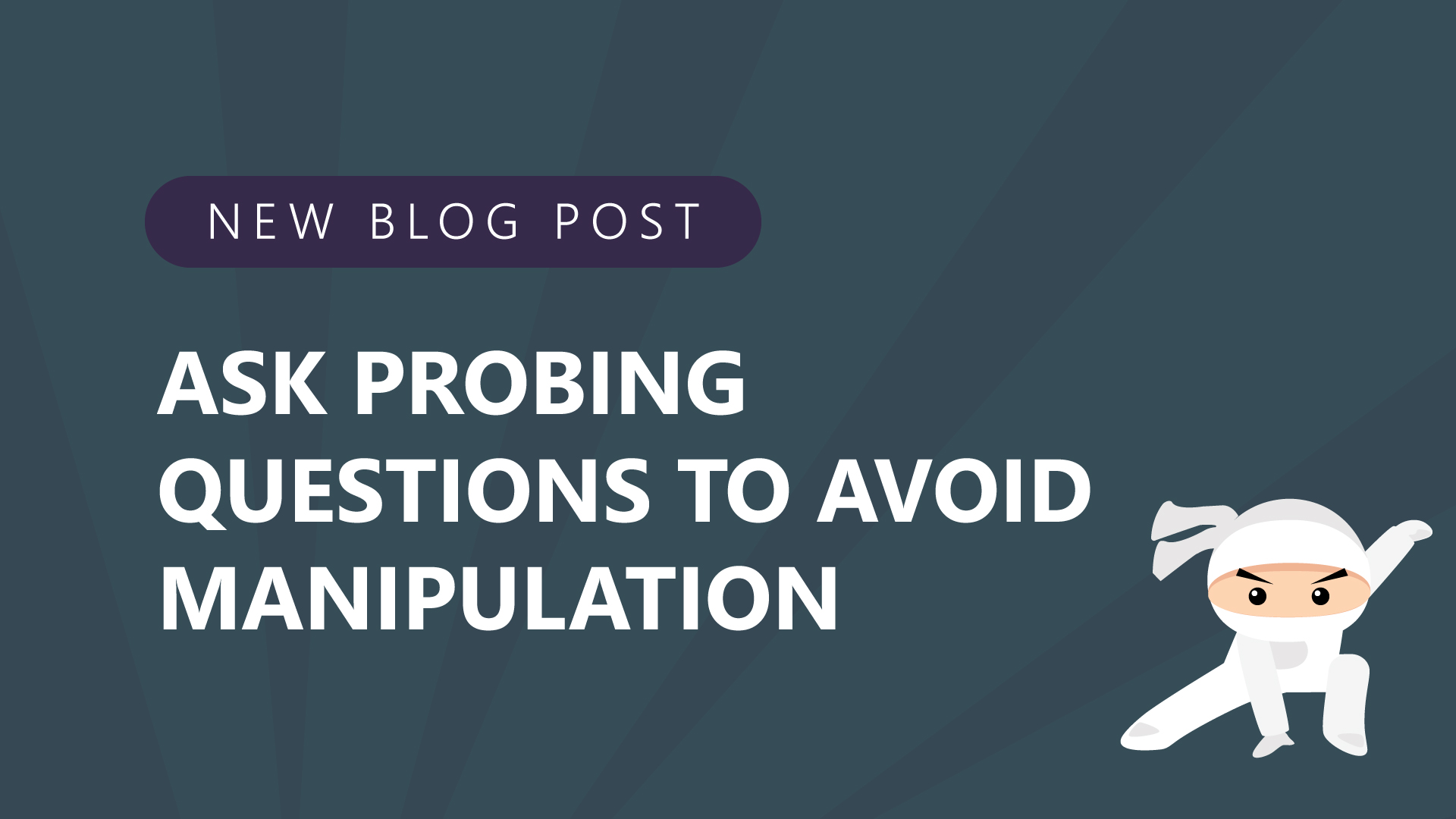Modern scams are customized to their target. With spearfishing, scammers send an email to a smaller set of targeted people to get their password(s). Often, they know something about that person which makes it easier to get that information.
Psychics make themselves seem more credible by doing research. They often know who’s in the audience in advance and learn information about them beforehand. How was this proven? People have created fake Facebook profiles, gone to psychic performances, and have had the psychics tell them about things on their fake profiles.
People also leverage familiarity. The more familiar something is—and that you feel like you’ve been exposed to it before—the more likely you are to accept it as truth. Mere repetition of a statement can make you think it’s true. It’s a principle of advertising. Many of Bernie Madoff’s victims were Jewish philanthropists. They respected him because he was well-known and well-established in the financial world.
How do you avoid being taken advantage of? Chris Chabris—a Cognitive Scientist and the author of “Nobody’s Fool”—shares a simple step you can start with: ask probing questions.
Make sure you ask probing questions
If we’ve been coerced to believe certain things, it makes you pause: was something engineered to be this way? You can’t be too hard on yourself. It was engineered to make you sway toward a decision. When you approach something that’s “too good to be true,” what do you ask yourself?
If something feels too good to be true, I often tell people to do their research. Find information that lends the opposite perspective. It takes effort. Many people would rather believe what they hear.
Journalism is easier when all of your sources say the same thing. People often fail to ask, “Who disagrees with your theory? Who’s found a different answer?” Most people don’t ask tough questions because it’s socially difficult. It also forces you to make your own decisions based on the information you’ve discovered. But asking one more question may be just enough to help you avoid making a mistake.
If you ask someone how confident they are in a claim, they often say “We did our due diligence.” But what does that mean? There isn’t a legal standard for “due diligence.” Who authenticated it? How did they do it?
Don’t take vague statements like “best-in-class” at face value. You’re being fed what sounds like information that’s lacking actual information. These things are designed to short-circuit our validation process.
You have to become the person who disrupts the pleasant conversation and asks more questions. We don’t hear about the people who were approached to invest with Bernie Madoff but didn’t. They often asked more questions and weren’t happy with his answers.
You may get met with a non-denial denial. People will use meaningless business jargon. Or the meaning can’t be deciphered because they’re too vague.
Good decision quality is important
It’s easy to get overcome and overwhelmed with excitement. It’s easier to take the next step than take the steps to make a good decision. I teach people that good negotiation is hand-in-hand with good decision quality. Teaching people to make good decisions is a large part of what I do.
It’s also what Chris does in his latest book, “Nobody’s Fool.” Learn more ways you can avoid being easily manipulated in episode #451 of Negotiations Ninja.

